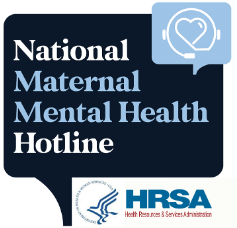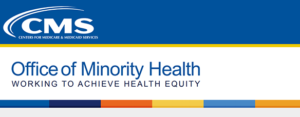April 28, 2023

8 Benefits Achieved by Providing Mental Health Care in Rural Communities
People are suffering and the need to offer mental health care in every medical setting is needed. Humanity is impacted by an increase in suicide rates, substance abuse, acts of violence & depression, and rural communities are especially affected.
Small communities band together after tragedy, but problems in delivering a desperately needed service remain. Some organizations have come together and banded forces to develop creative ways about how mental health care can be better delivered in rural communities.
1. It’s the right thing to do (spiritual benefits)
- Benefits achieved by providing this care nourishes the souls of people delivering the care and makes communities stronger by offering them. Supporting a community’s mental health is not a hard sell.
2. The opportunity to provide care to people who have gotten no care previously in incredibly rewarding
- Supporting people with mental health issues, suicidal tendencies, substance abuse and addiction, to name a few, may seem challenging. But once you have started helping people get better, you realize the changes are transformational.
3. Invest in your future
- Providing a service like this separates you apart from the rest, and the cost is usually low compared to for example, the purchase of an MRI machine. The trust that is built from helping someone through a mental health crisis is totally priceless.
4. Instant reputation and good standing in your community
- Clinics that serve mental health are an instant magnet for your community partners, like schools, churches and other places of worship, shelters, and local governments. Once you can show as a proof of concept that your program works, you will forever be a trusted resource in your community.
5. Benefits to your clinic or hospital
- Did you know that it may cost over one million dollars in lost revenue, to replace a good primary care provider working full time in your clinic? Provider burnout, or care-giver fatigue, is the number one reason why providers who wish to continue working leave a job. Primary care providers are uniquely under siege for handling every medical and emotional problem of their patients in rural communities. Why not give them a hand and support them from provider fatigue and burn-out and allow them to be continue being long-term leaders in your community. By offering psychiatric care, you are protecting your most important asset, which is your people. Rural communities have potential for programs that allow for cost benefit reimbursements and other financing sources. For example, both for-profit and non-profit organizations are eligible for unique grants specific for rural areas. Rural Health Clinics (RHCs) are uniquely positioned to provide excellent mental health care. Also, mental health care integrated in primary care, is the direction where the standard of care is heading.
6. A stronger, happier and more dependable workforce
- Employees who know their employer is passionate about providing mental health care, are happier and more fulfilled. You gain instant respect. This separates you from the rest, instantly, as being the premier place to work in your community.
7. Why not have a partner share in the legal responsibility, accountability and liability, instead of shouldering it all on your own
- As it stands right now, most mental health is already being delivered in primary care clinics. Most estimates are that 70- 80% of all mental health care is delivered in a primary care clinic. Unfortunately, these clinics are not getting the credit they deserve, nor are they making the most on the opportunities. Also, they are inherently liable for all the mental health care they are delivering. It would make sense for all the reasons here alone, to share in these legal liabilities and partner with mental health providers willing to share the accountability/liability and opportunity.
8. Refer back to #1
- Rural Communities are special. They are inherently American and full of rich history. Keeping our small towns full of spirit and good mental health is of benefit to everyone, and we are grateful to your commitment to your patients, and your communities. Providing mental health care in your community not only makes sense, from a human level and spiritual level, it is the right thing to do, and you will achieve rewards that are priceless by offering this service.
Read More







